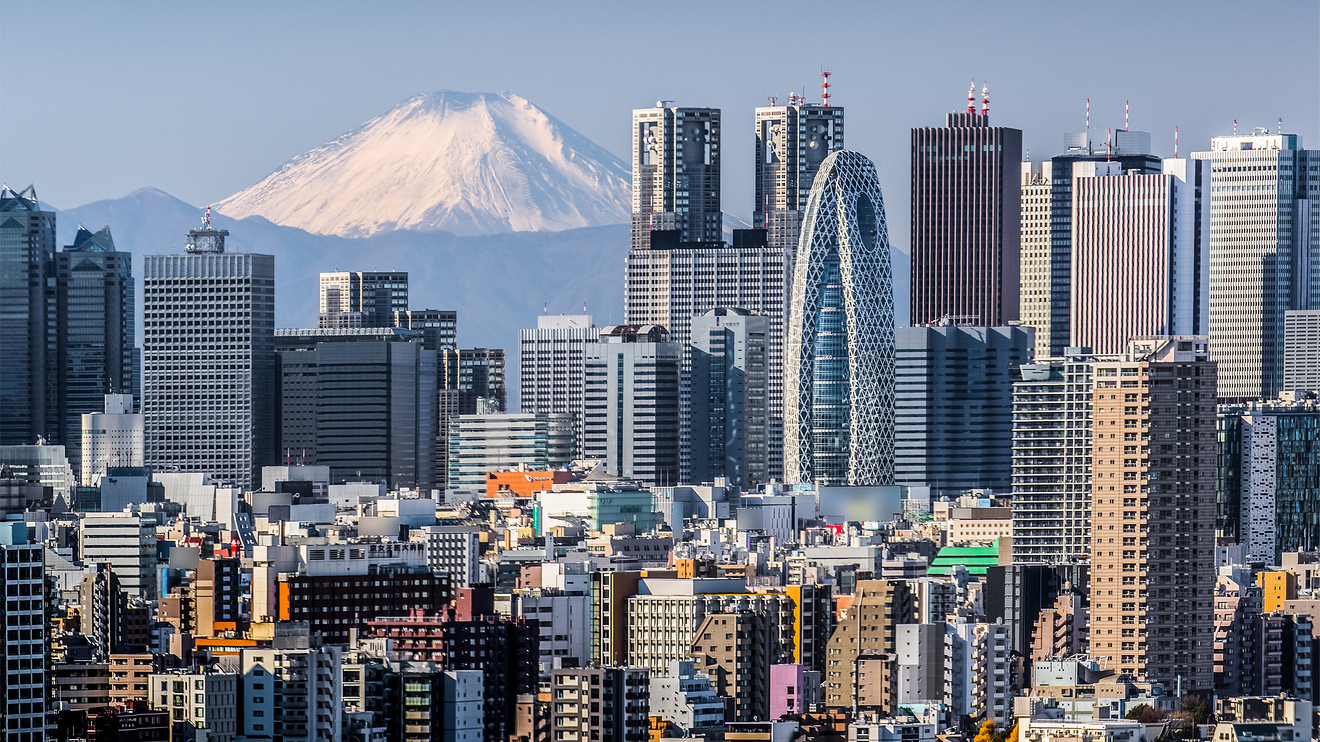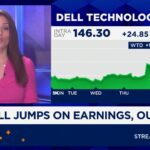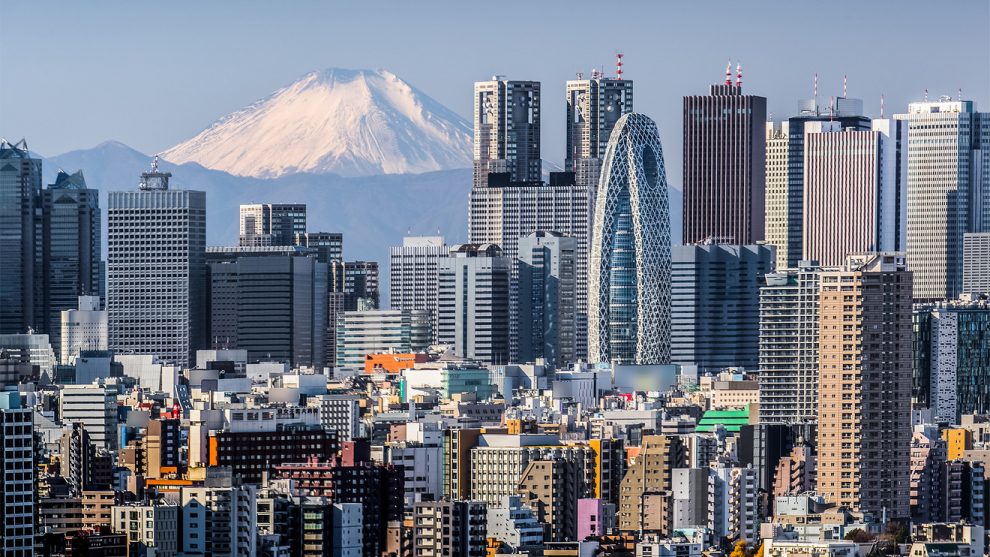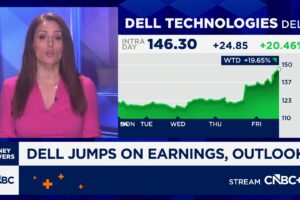
Asian markets were mixed in early trading Thursday, following record closing highs for U.S. stocks in a shortened trading day.
The rally follows a slight easing of trade tensions between the U.S. and China after they agreed to refrain from new tariffs pending a new round of negotiations. That has relieved some pressure on markets, though the trade war still overshadows the global economic outlook.
Japan’s Nikkei NIK, +0.31% rose 0.2% but Hong Kong’s Hang Seng Index HSI, -0.11% gave up early gains and was last down 0.1%. After starting the trading day flat, the Shanghai Composite SHCOMP, -0.27% and the smaller-cap Shenzhen Composite 399106, -0.50% each fell slightly. South Korea’s Kospi 180721, +0.10% erased early losses and rose 0.1%. Benchmark indexes in Taiwan Y9999, +0.31% , Singapore STI, +0.14% and Indonesia JAKIDX, +0.19% rose modestly. Australia’s S&P/ASX 200 XJO, +0.51% rose 0.5%.
Among individual stocks, SoftBank 9984, +3.31% gained in Tokyo trading, as did Inpex 1605, +1.45% , while Fast Retailing 9983, -1.29% declined. In Hong Kong, Sino Biopharmaceutical 1177, +3.08% and Galaxy Entertainment 27, +1.08% rose, while AAC 2018, -2.56% and Sunny Optical 2382, -1.17% fell. Samsung 005930, +0.99% inched up in South Korea, as did Taiwan Semiconductor 2330, +0.82% in Taiwan. Westpac WBC, +1.47% and National Australia Bank NAB, +1.09% gained in Australia.
Investors cheered signs that global monetary policy will become more stimulative in the months ahead, after International Monetary Fund Managing Director Christine Lagarde was nominated to replace Mario Draghi as the head of the European Central Bank. Also, President Donald Trump said he would nominate Christopher Waller, the research director at the St. Louis Fed, and Judy Shelton, the U.S. executive director for the European Bank of Reconstruction and Development, for influential posts on the Federal Reserve’s Board of Governors. Shelton has backed interest-rate cuts, and Waller is an easy-money advocate.
On the trade-war front, White House economic adviser Larry Kudlow said Wednesday that high-level U.S. and Chinese negotiators would talk on the phone next week to set up a new round of face-to-face meetings.
“Clearly the trade truce with China has been a catalyst for the market even though there remain uncertainties,” said Quincy Krosby, chief market strategist at Prudential Financial.
Technology companies, which tend to do a lot of business with China, have been particularly sensitive to the trade war between the U.S. and China. The sector has been broadly higher this week.
On Wednesday, the Dow Jones Industrial Average DJIA, +0.67% rose 179.32 points, or 0.7%, at 26,966, it’s first record close since Oct. 3, while the S&P 500 index SPX, +0.77% set its third-straight record close, rising 22.81 points, or 0.8% to 2,995.82. The Nasdaq Composite index COMP, +0.75% ended the day at an all-time high of 8,170.23, adding 61.14 points , or 0.8%. U.S. markets will be closed Thursday for Independence Day.
Every sector in the S&P 500 made gains, and the records are adding up to a yearlong rally. The S&P 500 is up more than 19% so far, while the Dow is up more than 15%. The Nasdaq is now up 23% for the year.
Investors will be watching for the U.S. government’s closely watched monthly jobs report on Friday. The results of that report will likely be a factor in the Federal Reserve’s meeting later this month. The central bank has already said it is prepared to cut rates to shore up the U.S. economy if trade disputes crimp growth.
The yield on the 10-year Treasury note fell to 1.95% from 1.97% Tuesday.
In commodities trading, benchmark U.S. crude oil CLQ19, -0.58% lost 39 cents to $56.95 per barrel in electronic trading on the New York Mercantile Exchange. It rose $1.09 on Wednesday to settle at $57.34 a barrel. Brent crude BRNU19, -0.60% , the international standard, gave up 47 cents to $63.35 per barrel. It rose $1.42 overnight to close at $63.82 a barrel. It
The dollar USDJPY, -0.02% slipped to 107.75 Japanese yen from 107.83 yen on Wednesday.










